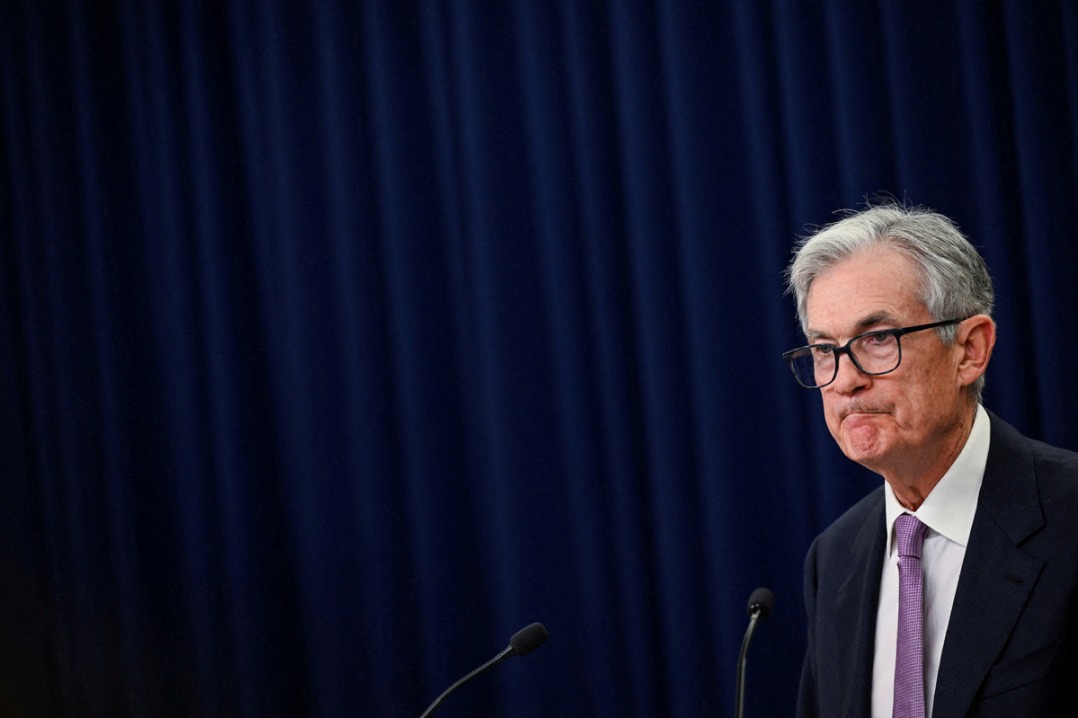Africa urged to remain vigilant despite reduced COVID-19 cases


While the number of COVID-19 infection cases and deaths continue to decline across Africa, a development that has seen countries relax restrictions to allow economic recovery, the World Health Organization and the Africa Centers for Disease Control and Prevention have warned the continent against complacency.
John Nkengasong, the director of Africa CDC, expressed concerns that the number of testing across the continent has decreased significantly.
"We should not be less vigilant. We cannot be complacent. Testing is the cornerstone for us to continue to fight this pandemic so I urge all the African Union member states to increase rather than decrease the testing," he said at a virtual briefing on Thursday.
Nkengasong said increased testing would enable countries to pick the hotspots and deal with the pandemic effectively.
"The pandemic is not over, this is just a low transmission season. We should use this season to increase vaccine uptake, testing, surveillance and engaging the community with the right messaging," he said.
According to the WHO, Africa is experiencing its longest-running decline in COVID-19 infections since the onset of the pandemic, with the recorded weekly infection COVID-19 cases having fallen for the past 16 weeks and deaths having dropped for the last eight weeks.
The UN agency said COVID-19 infections largely due to the Omicron-driven fourth pandemic wave have reduced from a peak of over 308, 000 cases weekly at the start of the year to less than 20, 000 in the week ending April 10.
Over the past week, Africa recorded around 18, 000 infection cases and 239 deaths, translating to a decline of 29 percent and 37 percent, respectively, compared with the previous week, the agency said.
Matshidiso Moeti, the WHO regional director for Africa, said despite the decreasing infections, it is crucial that countries remain vigilant and maintain surveillance measures, including genomic surveillance to swiftly detect circulating COVID-19 variants, enhance testing and scale up vaccination.
"With the virus still circulating, the risk of new and potentially more deadly variants emerging remains, and the pandemic control measures are pivotal to effective response to a surge in infections," she said.
The WHO warned of a high risk of another wave of new infections, with the cold season approaching in the southern hemisphere in June through August.
"Africa's previous pandemic waves have often coincided with lower temperatures when people mostly stay indoors and often in poorly ventilated spaces," the UN agency said.
So far Africa has fully vaccinated 16.2 percent of its population, with 10 AU member states having vaccinated more than 35 percent of their populations, Africa CDC data indicates.
On vaccine manufacturing, Nkengasong appreciated that many countries across the continent are now engaging on local manufacturing of COVID-19 vaccines.
He, however, decried that South Africa's Aspen Pharmacare, which was licensed in December to produce Johnson and Johnson COVID-19 vaccines, has not received any order.
"The risk is high that the company may stop producing the vaccines. This is an appeal to the international community and the entire continent that we must rally our efforts and support the company," Nkengasong said.
"Regional manufacturing of vaccines is an indisputable pathway to guarantee collective health security. It has to be a deliberate effort to support shaping of the market so that vaccines produced in Africa are purchased adequately so that we maintain vaccine manufacturing capacity."
He partly attributed the situation to the fact that many African countries are currently receiving a lot of vaccine donations hence don't see the need to purchase more doses.

































